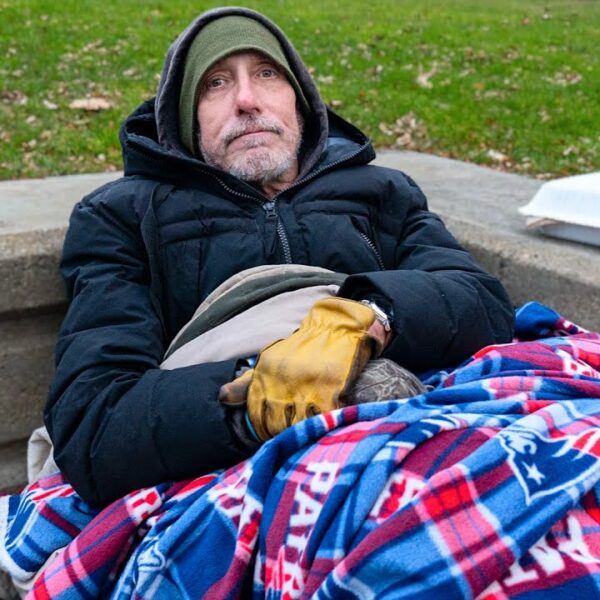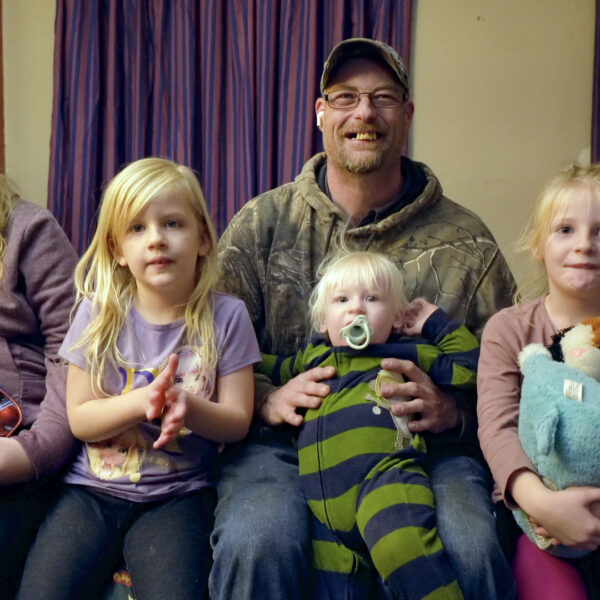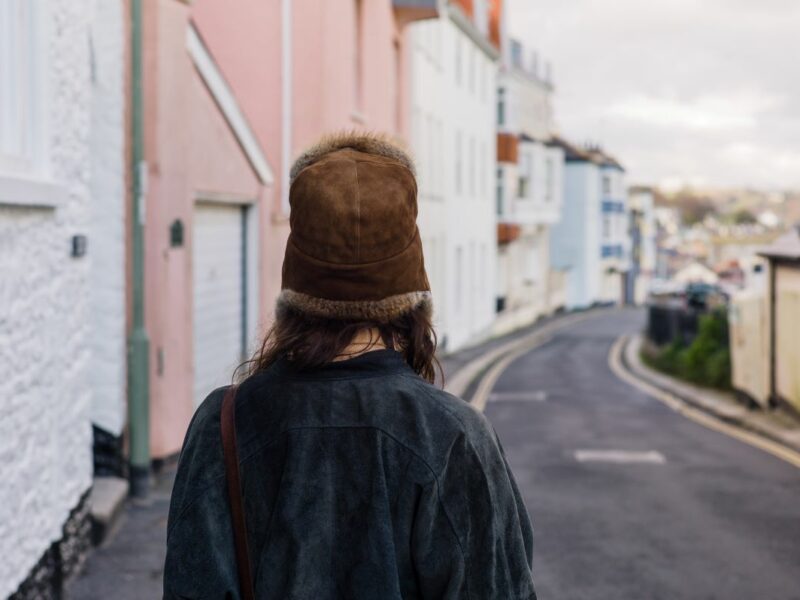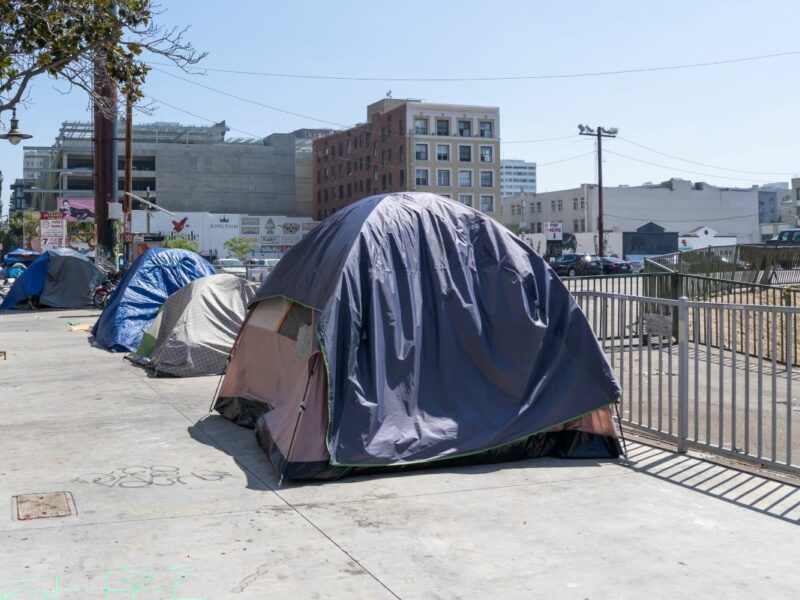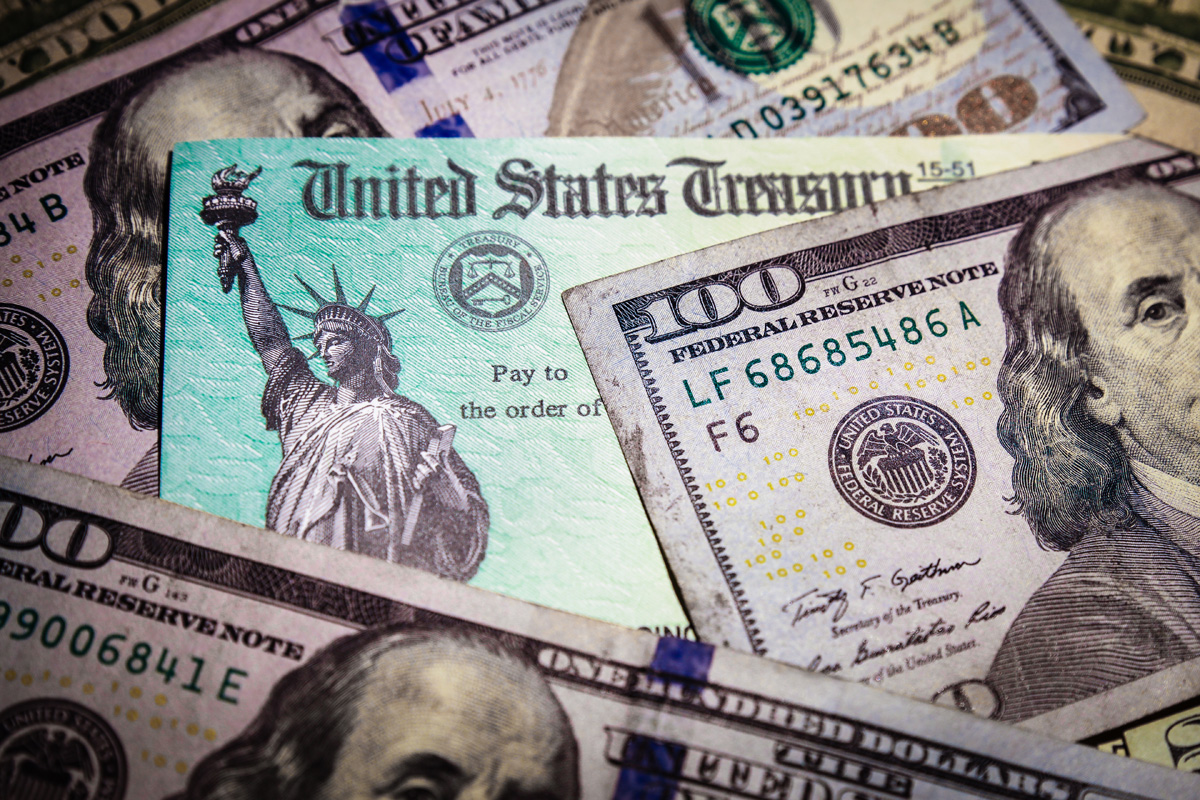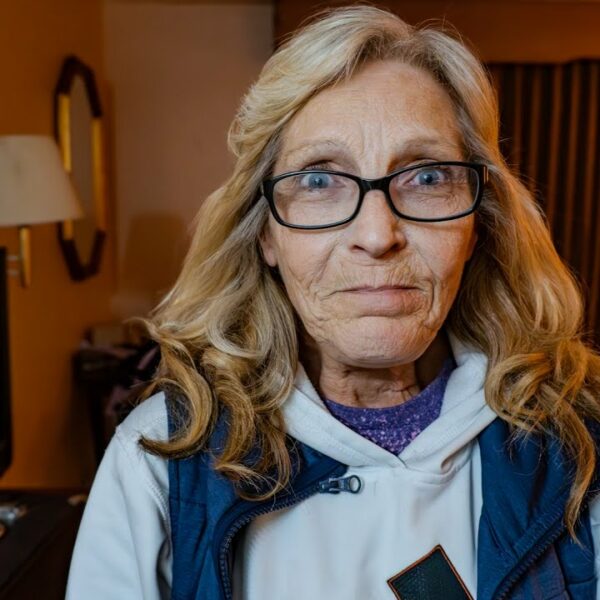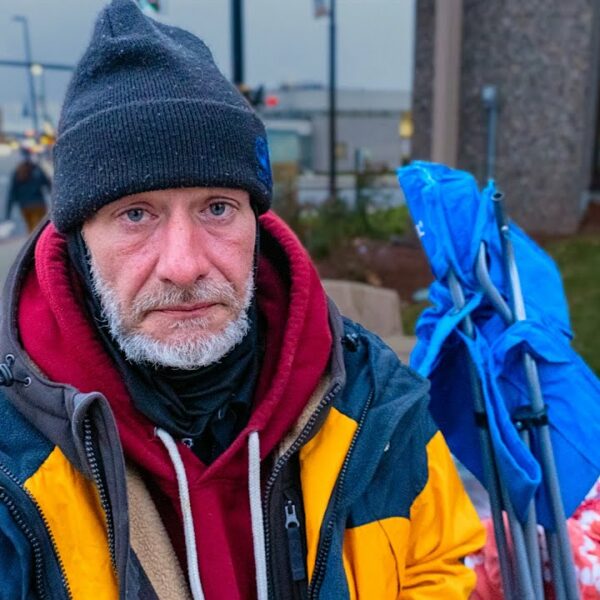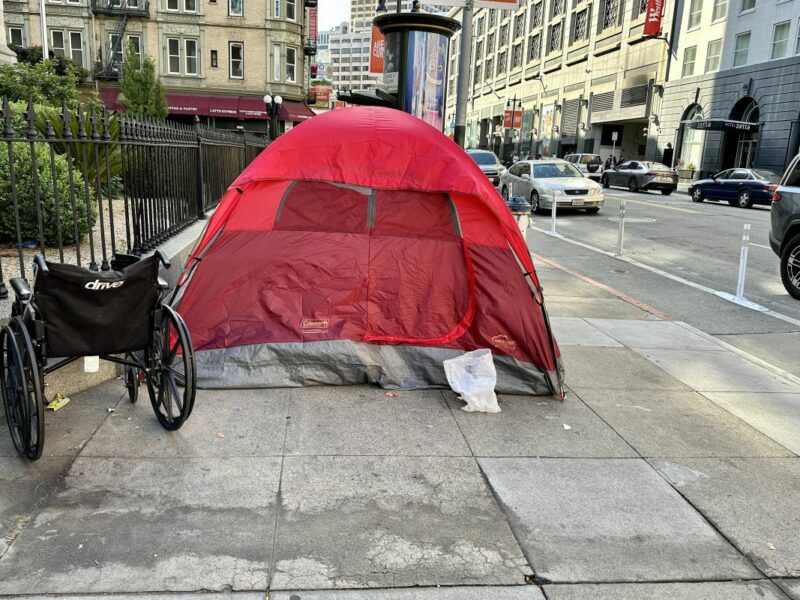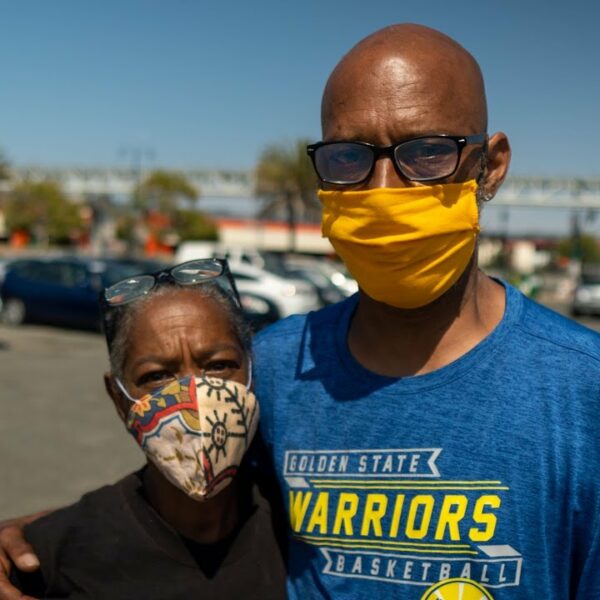Over the weekend, the IRS announced it started the process of distributing $1,200 stimulus checks to Americans. This is part of the $2-trillion CARES Act that was passed by the federal government late last month. The checks will be directly deposited for many taxpayers, and mailed to others in the coming weeks. They are intended to energize an economy that has been battered by COVID-related shutdowns and layoffs in recent weeks. But for individuals experiencing homelessness, receiving that much-needed cash may be a lot more difficult.
Often exempt from filing taxes because of low-income status, some people who live outdoors or in cars won’t be included in this week’s wave of direct deposits, which will be based on bank info from 2018 and 2019 returns. Earlier this week, the IRS launched a new website that allows non-filers to enter payment info. But with libraries and cafes shut down, many homeless individuals are currently struggling to access the internet. Even when they can access the site, there are other hurdles to surmount.
Chris Ko, Managing Director of Homelessness & Strategic Initiatives at United Way of Greater Los Angeles said the organization has been scrambling to find ways to help homeless people get a hold of this funding, which would allow them to buy food and other necessities during this time of crisis.
“I think the bottom line is that the group of people who would benefit the most will receive the least,” he said. “We’re trying to make sure that that proportion is not as bad.”
For some, the first step will simply be acquiring basic identification info.
In order to apply for the check, individuals must provide a social security number. However, it’s easy to lose track of this kind of documentation when you live outdoors.
“A lot of our friends outside don’t have basic documents, not because they’re not legal residents in the states, but they’ve had those things stolen from them,” said Ko.
Once they’re lost, those documents can be a headache to get a hold of again.
“In certain states … you need an out of state birth certificate to get your ID. You can’t get your ID without this other document, you can’t get that document without your I.D.,” said Ko. “It’s just this endless loop.”
Once ID info is secured, individuals can provide the IRS with banking information to receive a direct deposit. Those who don’t have a bank account will receive a paper check. The IRS will begin sending these out the first week of May to lowest-income recipients first. But when bankless recipients go to cash those checks, they may find themselves saddled with extra fees.
“At the end of the day, if it’s not through an electronic filing for people that have bank accounts, they will lose 1 to 5 percent of their check when they cash it, because they have to check cashers and other things,” said Ko.
Homeless individuals receiving a paper check will also need to provide a reliable address that it can be sent to.
Some options include having the checks sent to social welfare offices, or local nonprofits and shelters. The Rev. Andy Bales, CEO of the Union Rescue Mission in L.A.’s Skid Row, said he will allow those living in the mission and others who need a stable address to have their checks sent there. However, he said there might be a lack of awareness among homeless individuals that this benefit is even available.
“While we are trying to get the word out, we have not received phone inquiries about [accessing Stimulus benefits] at the Legal Aid Clinic,” Bales said. “This leads us to believe that people don’t know that it applies to them.”
Fortunately, there’s still time. The stimulus payments will remain available throughout 2020. They’ll also be automatically sent to individuals who are receiving Social Security retirement benefits, Social Security Disability Insurance benefits, or Railroad Retirement and Survivor Benefits, which may cover some homeless individuals.
Ko said that right now, United Way is advocating for the checks to be automatically sent to those who are enrolled in other government benefit programs as well, such as the Supplemental Nutrition Assistance Program (SNAP) and Supplemental Security Income (SSI).
“We feel like they’ve proven their identity once, and it’s good enough for them to be receiving other benefits,” said Ko. “Why wouldn’t we take the same government process that has already been approved and use it?”



